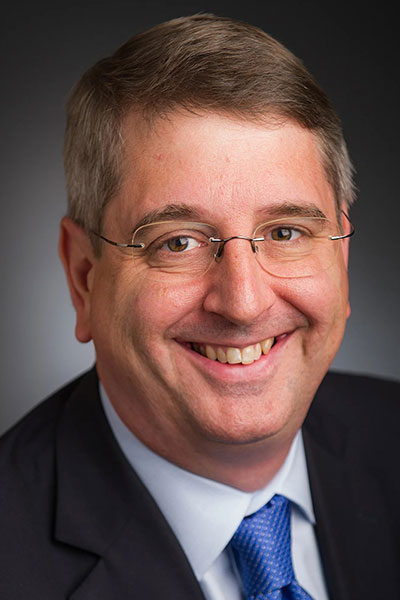Anthracyclines have been a mainstay of breast cancer treatment for many years, but, as new treatments have come onto the market, some medical oncologists question the role that this older chemotherapeutic class should continue to play due to the newer therapies’ efficacy and, in many cases, better side effect profile. Others—especially medical oncologists working in the developing world—question the practicality of switching to these advanced therapies, given their high cost and lack of accessibility to those with no or inadequate insurance.
In what is expected to be a thought-provoking and spirited debate with a global audience, two leading experts will take sides on this issue—pro and con. Martine J. Piccart, MD, PhD, Honorary Professor of Oncology, Université Libre de Bruxeilles and Scientific Director, Institut Jules Bordet, Brussels, Belgium, will speak in favor of anthracyclines, while Virginia F. Borges, MD, Professor, Medicine-Medical Oncology, University of Colorado Anschutz Medical Campus, will take the “against” position.

The session, Debate: Anthracyclines… To Give or Not to Give, will be held from 1:00 p.m. – 2:00 p.m. CT Wednesday, December 6, in the Stars at Night Ballroom 1–2. Harold J. Burstein, MD, MPH, Institute Physician, Dana-Farber Cancer Institute and Professor of Medicine, Harvard Medical School, will moderate.
“Anthracyclines have historically been one of the most widely used drug classes for patients with HER2+, triple-negative, and ER+ breast cancer,” said Dr. Burstein. “Yet, they have side effect profiles that have to be weighed in each case—hair loss, nausea, low blood counts, and in rare cases, heart problems. Our speakers will discuss whether this ‘old school’ technology still has a role.”
Dr. Burstein points out that many HER2+ patients can be treated with directed antibodies such as trastuzumab, most triple-negative patients are treated with immunotherapies plus chemotherapy, and new targeted therapies like CDK4/6 inhibitors may be used in patients who have ER+ cancer. Some of these therapies, often given in combination with other classes of drugs, have become the standard of care for subsets of patients.
“Outcomes are getting better and better with these therapies,” he stated. “This triggers the question of whether anthracyclines should be abandoned. The debate will focus on whether we have made enough progress with these therapies that adding anthracyclines to the treatment plan may not be necessary.”
There is also a different type of debate taking place globally. Anthracyclines, such as doxorubicin and epirubicin, remain very important breast cancer drugs in many nations. They cost pennies and are accessible in both developing and middle-income countries. Yet, they are being replaced by very expensive drugs.
“I’m hoping this debate will bring out whether resource considerations should be factored into therapeutic decision making,” added Dr. Burstein.
The debate will present many opportunities for audience discussion, and will be of broad interest to medical oncologists who treat breast cancer.



